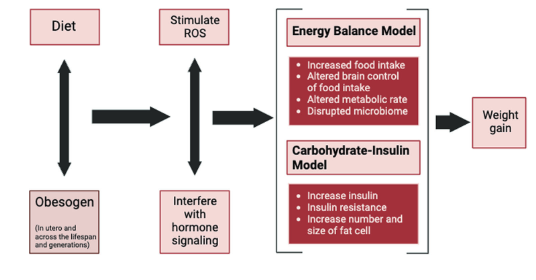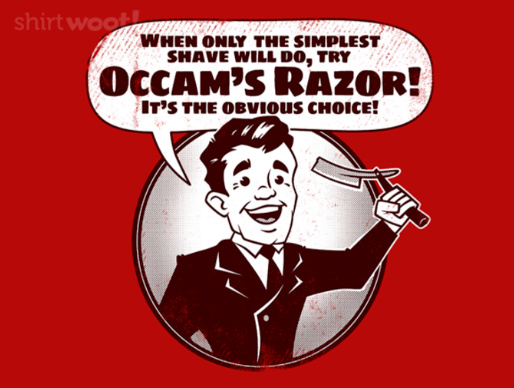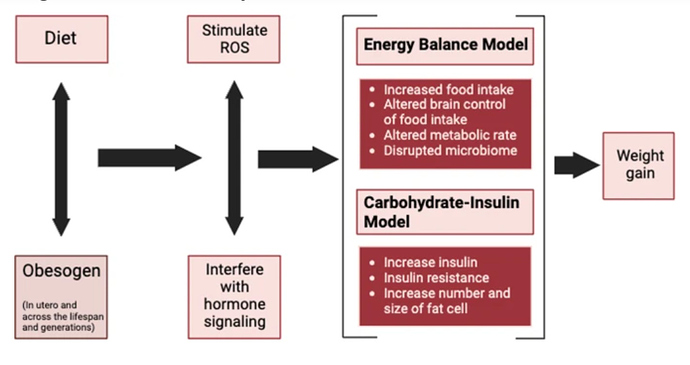One of the study’s authors is Robert Lustig, known much more for his anti sugar stance than any problem he might have with fats.
“…and the obesogens model (OBS), which proposes that environmental chemicals interfere with hormonal signaling leading to adiposity”.
" Obesogens can be natural (e.g., metals, viruses), anthropogenic prescription drugs, environmental (insecticides, plastics, household chemicals, particulate matter), or food components (fructose, trans -fats, preservatives, emulsifiers) [18, 86]. Obesogens include solvents (polychlorinated biphenyls (PCBs)); pesticides (e.g., dichlorodiphenyltrichloroethane (DDT), chlorpyrifos, diazinon, permethrin, neonicotinoids); non-stick coatings (e.g., per- and polyfluorinated substances (PFAS)); clothing and furniture protectants (e.g., polybrominated diphenyl ethers (PBDEs), organophosphate flame retardants (OPFRs)); food preservatives/additives/emulsifiers (e.g., parabens, monosodium glutamate, carboxymethylcellulose, 3-tert-butyl-4-hydroxyanisole (3-BHA)); personal care products (e.g., phthalates, parabens); plastics (e.g., phthalates, bisphenols); resins and can linings (e.g., bisphenols); and air pollutants (e.g., polycyclic aromatic hydrocarbons (PAHs), fine particulate matter (PM2.5)) [87]. Some pharmaceutical drugs [88, 89] and early-life antibiotics can also be obesogens. Exposures can occur via air, water, food, skin contact or dust inhalation [90, 91]."
I see no mention of arterycloggingsaturatedfat, unless “obesogen” is a dog whistle.







 Except when I get very hungry with negative appetite but I can’t eat solids then (broth is a great appetizer there but other liquids and creamy, soft items with calories helps).
Except when I get very hungry with negative appetite but I can’t eat solids then (broth is a great appetizer there but other liquids and creamy, soft items with calories helps).